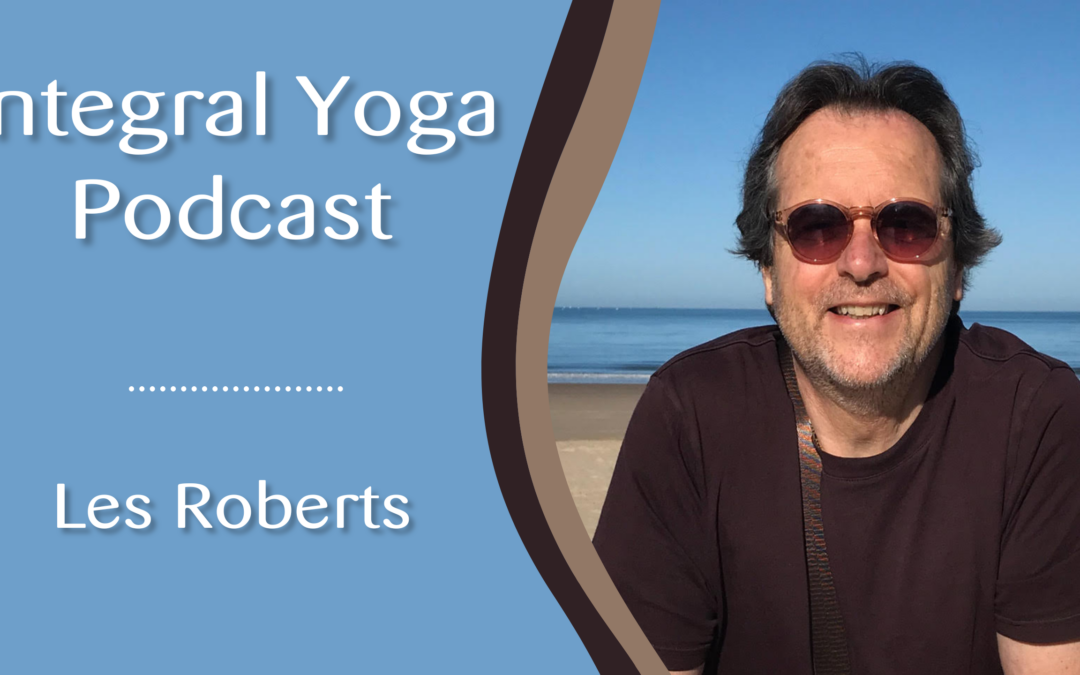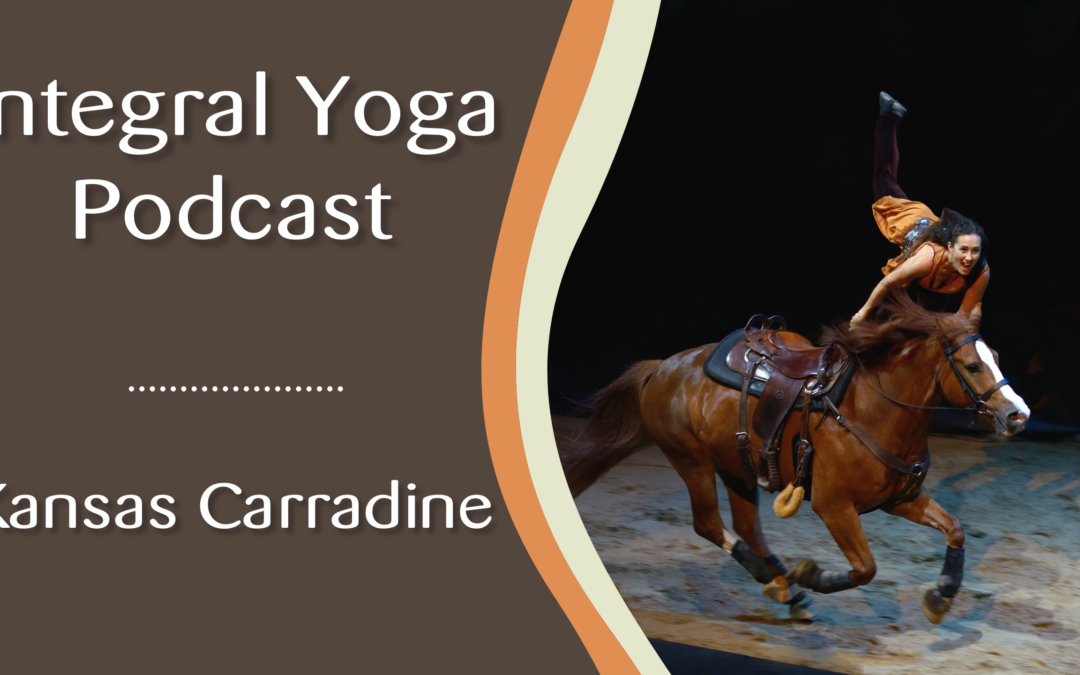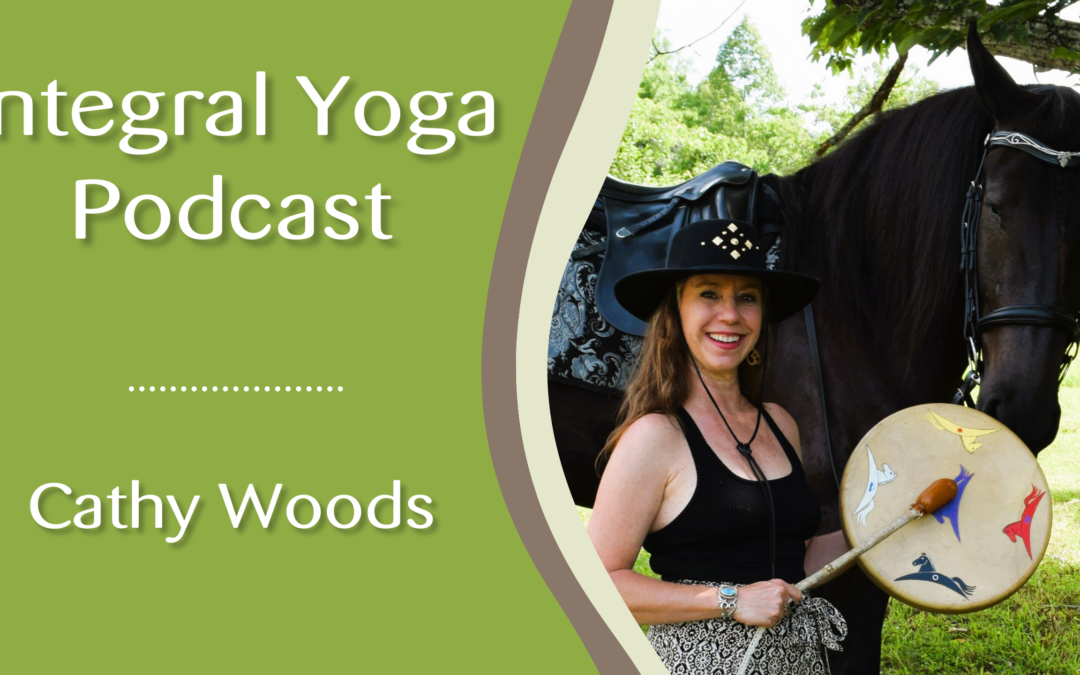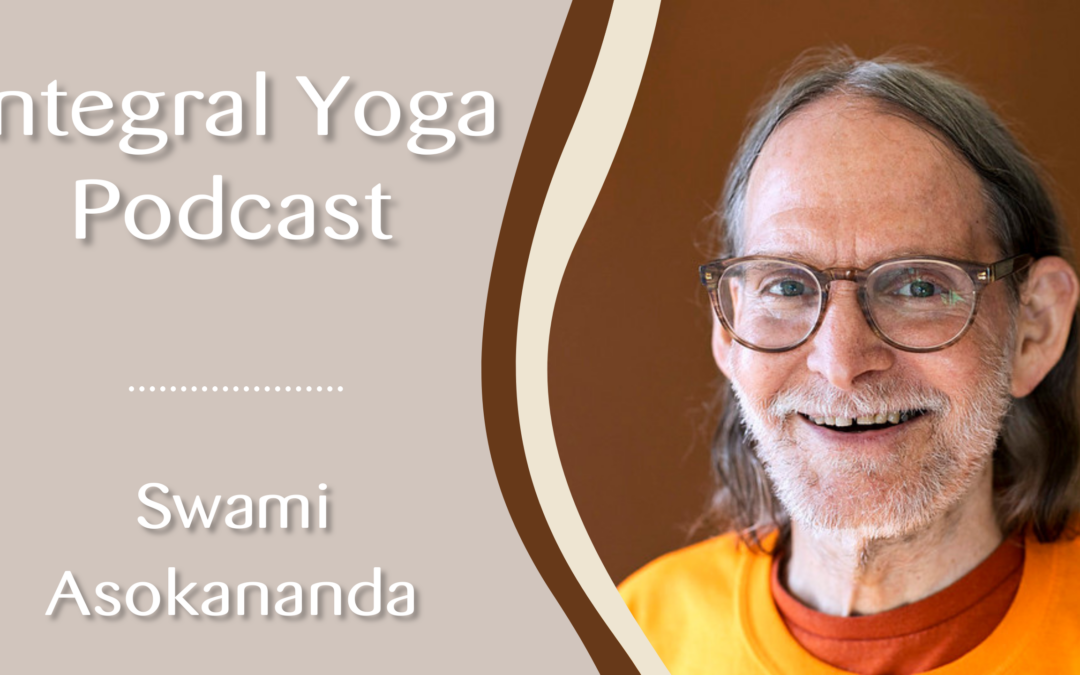Heather shares her compelling journey from personal mental health challenges to becoming a leading advocate for yoga therapy integration into healthcare systems. Drawing from her own experiences and the transformative power of yoga and mindfulness meditation, Mason emphasizes the need for alternative approaches to mental health treatment beyond medication. She underscores the importance of social prescribing, highlighting how socialization can have tangible physiological benefits on health. Mason’s advocacy extends to promoting the inclusion of yoga therapy in healthcare protocols and providing training for healthcare professionals, envisioning a future where yoga becomes a recognized and accessible tool for mental well-being. — Heather is the founder of an internationally renowned yoga therapy school, and the Yoga in Health Care Alliance, focused on bringing yoga into the UK’s NHS. She holds master’s degrees in Buddhist Studies, in Psychotherapy, Medical Physiology, and has extensive training in Neuroscience. Heather has been teaching yoga since 2001 and has specialized in the use of yoga therapy for mental health populations since 2007. She designed and taught an elective on yoga at the Boston University School of Medicine and created and taught the bioscience course the MUIH launched its MA in yoga therapy. Actively focused on the integration of yoga into healthcare, in 2018 Heather helped create an All-Party Parliamentary Group, “Yoga in Society”. Heather has also co-authored “Yoga and Mental Health” and “Yoga on Prescription”. In 2023 Heather and co-director Elaine Collins developed the first yoga therapy psychotherapy course in the world. This course is accredited by the NCIP.

Why Simplicity Brings Inner Peace | #126 with Les Roberts
This conversation explores the importance of simplicity and authenticity in spiritual practice, emphasizing the value of honoring diverse paths while staying true to one’s own. It touches on balancing technology with awareness, fostering meaningful dialogue across...






